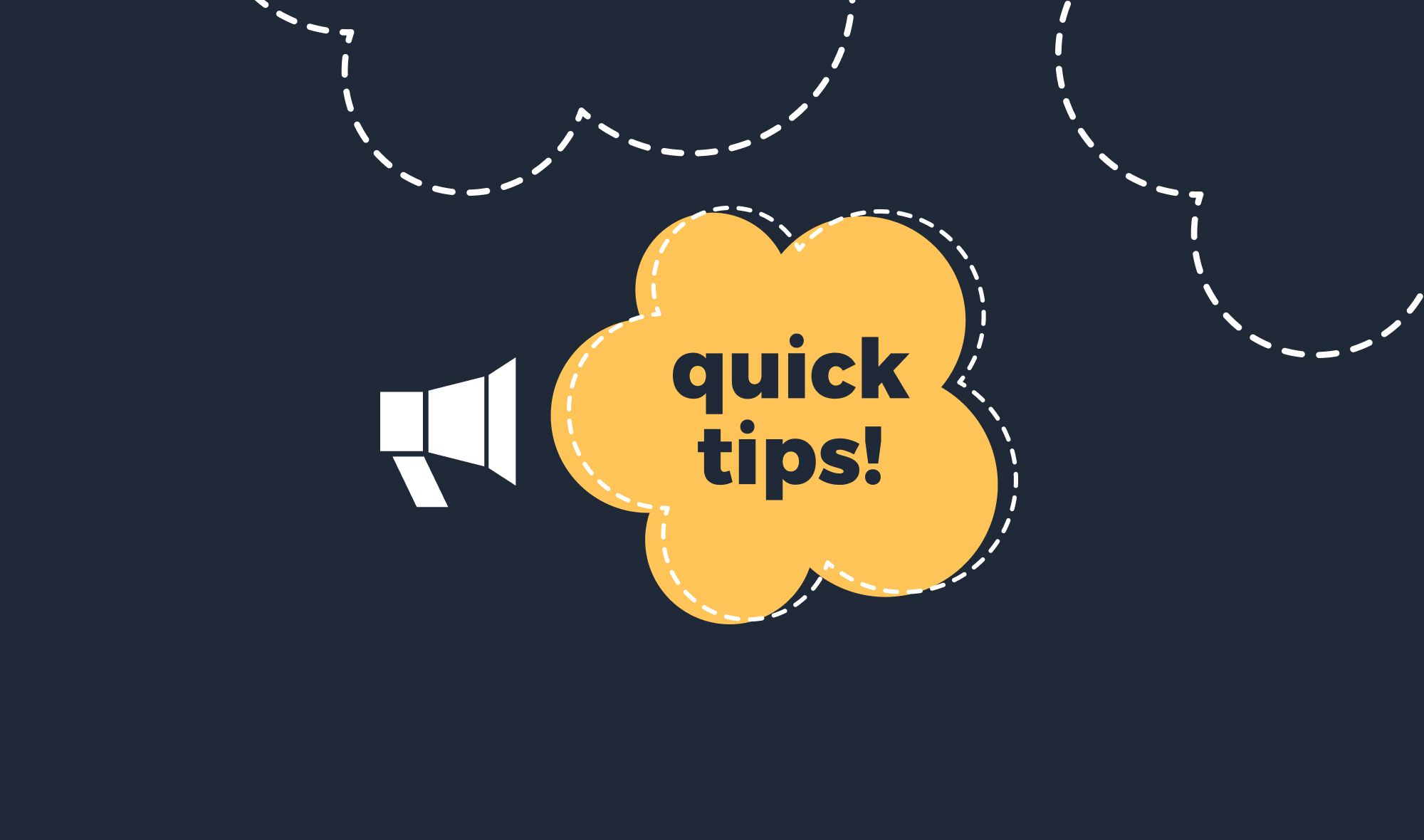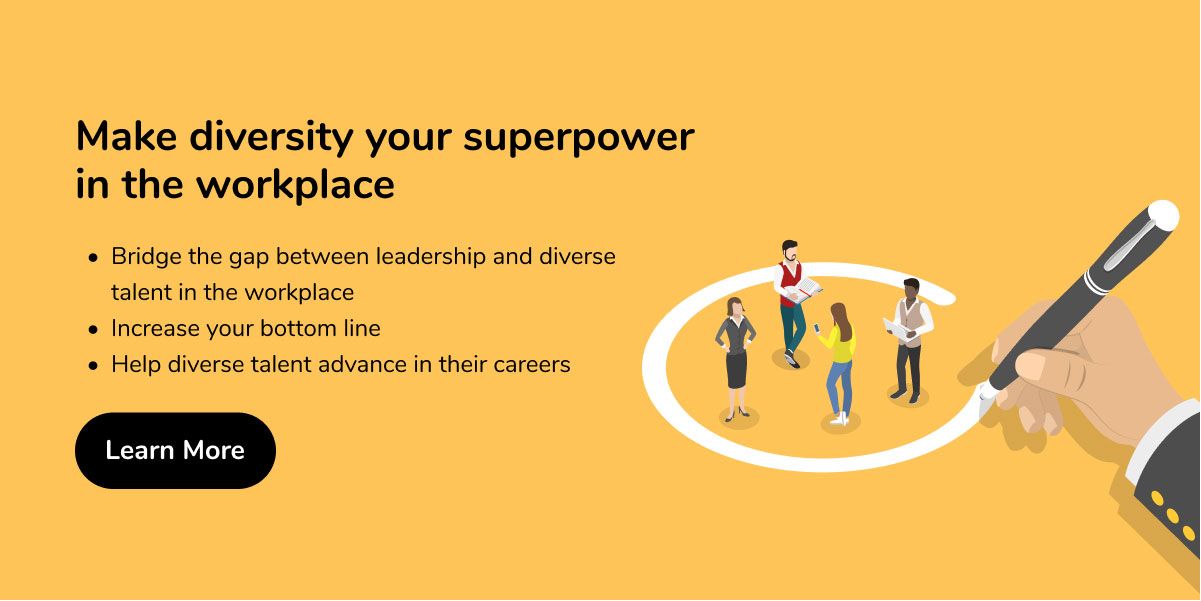Optimizing outcomes: Tips for successful organizational workshops
By Julian Lewis • February 20, 2023

As a business expands, leaders may find themselves in an ever-changing world and facing increasing demands on their time and resources. This can make it difficult for them to invest in their team's development and learning, and without the proper guidance, team members may feel disengaged or worry about an uncertain future with the company.
Fortunately, an organization workshop helps maximize the leader's time spent on training, allowing them to place greater commitment and focus on continuous learning and improvement. In this article, we will look at the several sorts of workshops that can help grow businesses and re-energize organizations of all sizes. We will also cover the benefits and best practices for each type of workshop, from team-building exercises to strategic planning sessions.
Whether you're an entrepreneur, an executive, a middle manager, or team leader, you'll find valuable information and inspiration in this guide. So, grab a notebook, and let's dive into the world of successful workshops!
Definition of an organizational workshop

An organized meeting or series of meetings that brings together a group of individuals to work towards a specified goal or set of targeted development initiatives is known as an organizational workshop. An organizational workshop is designed to increase a company's or organization's performance, productivity, or general effectiveness.
Some of the benefits of attending an organizational workshop include:
- Improved communication and in-person collaboration among team members
- Increased mutual understanding of key business processes and strategies
- Development of new skills and knowledge
- Increased motivation and engagement among employees
- Better problem-solving and decision-making abilities
- Enhanced creativity, self-awareness, and innovation
- Greater alignment of individual and team goals with organizational objectives
- Increased productivity and performance.
Overall, corporate workshops can be an effective tool for promoting change and progress inside a company or organization. They can improve teamwork, increase employee engagement and motivation, and lead to improved overall performance and results.
Types of organizational workshops
Before we dive into how to structure and execute an organization workshop, it's important to know the various types of workshops and what their participants learn about.
Leadership development workshops
This type of organization workshop deals with helping individuals develop the skills and knowledge necessary to effectively lead and manage teams. They often focus on leader development topics such as decision-making, delegation, communication, and strategic thinking.
"The Leadership Challenge" is a popular leadership development workshop for middle managers. This workshop, created by James Kouzes and Barry Posner, is based on their book of the same name and focuses on the five excellent leadership practices: Model the Way, Inspire a Shared Vision, Challenge the Process, Enable Others to Act, and Encourage the Heart. Participants are taught about these principles through interactive activities, group discussions, and self-reflection exercises, and they are encouraged to implement the strategic frameworks of what they have learned within their own organizations.
Team building workshops
Team workshops are intended to improve communication, collaboration, and trust among team members in order to help them work more effectively together. They frequently involve activities and exercises to help team members get to know one another better, developing increased mutual respect and equipping them to operate more efficiently together.
It is common for colleges and universities to offer team-building workshops as part of their professional development programs or extracurricular activities. These workshops are designed to help individual contributors learn how to work effectively in teams, develop better communication and problem-solving skills, and build stronger relationships with their peers. Exercise participants can expect activities such as trust-building exercises, problem-solving challenges, and group discussions. They may also be specifically tailored to the needs of different types of teams, such as sports teams, debate teams, or student clubs.
Skill-specific workshops
A skill-specific organization workshop is a training program that concentrates on the development of a single skill or combination of skills. These mission-critical programs are frequently in person, shorter in length than standard classroom-style training, and intended to educate participants or entire organizations with a deeper understanding of a specific topic.
A prime example of this type of workshop is the online communication skills workshop, "Effective Communication Skills". This training often includes topics such as active listening, nonverbal communication, and navigating uncomfortable conversations with conflict management strategies. It may also cover specific skills such as giving presentations to potential customers, negotiating with your employer, and writing sales emails with greater effectiveness. The session can be presented in a variety of formats, such as live webinars, pre-recorded films, and interactive exercises, and it can be targeted at professionals across the entire workforce and organizational lines.

Planning an organizational workshop
An organizational workshop can be a powerful tool for driving change and improvement within a business or team. However, planning and executing a successful workshop requires careful consideration and preparation, concrete strategies, and effective leadership.
Whether you're a manager, team leader, or business owner, following these steps will help you structure, deliver, and reflect on an event that promotes organizational alignment and increased effectiveness throughout the entire organization.
Identifying targeted development initiatives
It is the organizer's overall responsibility to determine the exact problems or issues that will be addressed during the workshop, as well as the motivation for organizing the session. This may entail soliciting feedback from key stakeholders and conducting research to better understand the existing situation and find opportunities for change.
Setting workshop goals and objectives
Develop clear and detailed workshop goals and objectives, stating what you aim to accomplish and what attendees will be able to take away from the experience. Try to focus your efforts on initiatives affecting the whole company as opposed to only individual contributors on a team, and map out what type of training you want to provide to create lasting solutions for organizational issues.
Keep in mind, there are many different learning types. Understanding how your actual organizations and participants learn will help ensure your workshop generates profound learning and immediately applicable growth.
Choosing the right facilitator or speaker
Identify the ideal facilitator or speaker for the workshop based on their skills and experience, verify they understand the workshop's aims and objectives, and can present the subject in an interesting and effective manner. Don't forget to confirm if the selected speaker has any conflicting demands or obligations on the date of the workshop, as this can be a driving factor in how the day is set up.
Selecting the appropriate venue and logistics
Choose a location that is appropriate for the workshop objectives and can accommodate the projected number of attendees. Catering, equipment, and supplies needs should be factored into this decision.
Promoting the workshop to attendees
Create a strategy for promoting the workshop to potential attendees, such as using social media, email, and other channels to notify them about the workshop, the agenda, and how to register. Avoid confusing messages and focus on creating stronger clarity about the event's purpose and logistics in your marketing efforts.
Conducting an organizational workshop
Now that you understand how to effectively map out a plan for your next workshop, it's time to start putting it into action. Here are a few tips and tricks that can help your workshop participants get the most out of your session:
Preparing materials and handouts
Producing and distributing these materials ahead of time will help guarantee that everyone has the necessary information to participate in the session. Making available relevant literature, case studies, and other materials can also help participants obtain a more realistic understanding of the topics being discussed.
Facilitating interactive activities and discussions
Workshop activities can be a terrific approach to getting participants interested in a topic. Activities should be developed to assist them in working together and communicating effectively, as well as practicing skills related to the workshop theme. While working independently is a valued skill, this time is most valuably spent concentrating on a team or organization exercise.
It's critical to leave time and space at the end of each activity or conversation for participants to provide feedback, ask questions, and debate the themes further. This ensures that everyone fully understands the content before going on.
Encouraging participation and engagement
It is critical to establish a safe environment in which all people feel comfortable speaking up and contributing. You can accomplish this by getting to know your participants, introducing yourself and any other facilitators in the room, and fostering a respectful environment.
Wrapping up and summarizing key points
At the end of the workshop, it's important to have a clear plan for wrapping things up. This could include handing out evaluation questionnaires for participants to fill out, summarizing what was covered during the session, and providing resources for future reading.
You will ensure that your participants leave feeling informed, empowered, and enthused about their new knowledge if you take the time to properly organize and manage an engaging organizational workshop. With these concrete strategies in mind, you'll be well on your way to presenting a successful session from which everyone will benefit across organizational lines.
Follow-up after an organizational workshop
Following up on an organizational workshop is a critical step in ensuring that the training is effective and that the participants and middle managers alike can implement what they learned.
Evaluating the effectiveness of the workshop
Begin by conducting surveys or interviews with workshop participants to gain feedback on the training's content, delivery, and overall efficacy. The sooner participants receive this request, the more likely they are to respond with a constructive critique. The insights and stories people provide can then be utilized to identify ineffective patterns in the training and improve future workshop appeal and effectiveness.
Implementing what was learned in the workshop
To develop an even greater understanding of what they learned, participants should be given the opportunity to put their new skills and knowledge into practice by applying them in their work. Additionally, it may be helpful to establish a system of accountability and check-ins to ensure that the learned skills are being implemented and to provide additional support if necessary.
Providing ongoing support and resources
Ongoing support and resources, such as webinars, online tutorials, or training manuals, can be provided to help participants continue to develop their skills and knowledge after the workshop. This will help to ensure that the knowledge and skills acquired in the workshop are integrated into the organization's overall strategy and that they are sustained over time, as well as establish a culture of continuous learning.
If your organization is having difficulty providing adequate support to their employees on a consistent basis, consider hiring a career or executive coach. Once specific areas for improvement have been identified, the coach can collaborate with the firm to devise a strategy for delivering ongoing support to employees. Setting up regular check-ins, giving training or resources, and establishing opportunities for employees to connect and collaborate with their peers are all examples of this. A coach can also assist a company in developing a culture of continuous learning, which encourages people to take ownership of their own growth and to constantly enhance their skills and knowledge.
Conclusion
Organizational workshops are a significant tool for expanding employees' skills and knowledge, and they can have a good impact on the organization's overall performance. Workshops can help employees develop their skills and knowledge by providing training on certain topics and immediate initiatives, which can lead to greater communication, problem-solving, and decision-making. Furthermore, workshops can develop a sense of teamwork and collaboration among employees, leading to better relationships and a more favorable work environment.
It is imperative to emphasize that the benefits of workshops are not limited to the time they are held, but should be viewed as part of an ongoing process of learning and developing productive people and practices within a company. Encouraging employees to continue learning and growing within their organizations through follow-up activities, such as on-the-job training, mentoring, and check-ins can help to ensure that the skills and knowledge gained in the workshop are integrated into the strategic frameworks of the organization and sustained over time.

Read more about: Executive Coaching
About Julian Lewis
Julian Lewis is a driven and accomplished professional with a passion for driving positive change in the business world. He is the co-founder and COO at Zella Life.
His own experience as a professional of color in a Fortune 500 company led him to discover the limitations for advancement that many professionals like himself face. Determined to reach his full potential, Julian became an established business coach and entrepreneur, committed to supporting others in their pursuit of personal and professional growth.
Today, Julian is a recognized corporate trainer, coach, and leader, known for his ability to leverage real-life experiences and evidence-based methodologies to affect positive change within individuals and organizations. As the leader of Zella Life's coaching division, he is dedicated to empowering individuals and businesses to achieve their full potential.